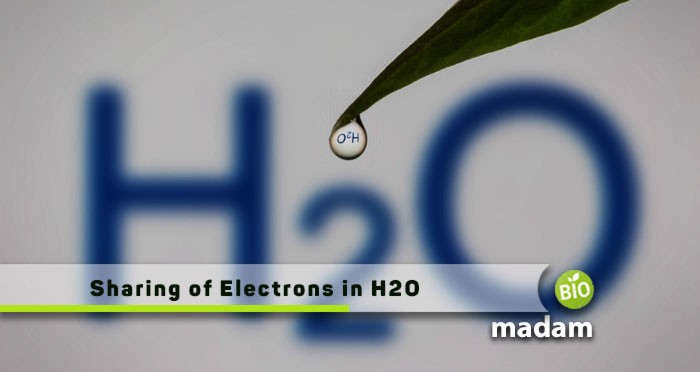
Do Hydrogen Bonds Share Electrons?
The world of chemistry is so vast, there is so much to explore and understand. The most basic yet important concept in chemistry is chemical… Read More »Do Hydrogen Bonds Share Electrons?

The world of chemistry is so vast, there is so much to explore and understand. The most basic yet important concept in chemistry is chemical… Read More »Do Hydrogen Bonds Share Electrons?
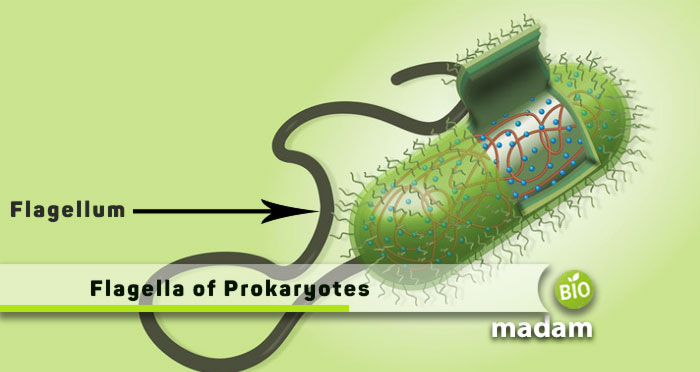
Cells are the fundamental units of life for all living organisms. Cells of different living organisms have more or less the same components. Prokaryotic and… Read More »Flagella Function in Prokaryotic Cells
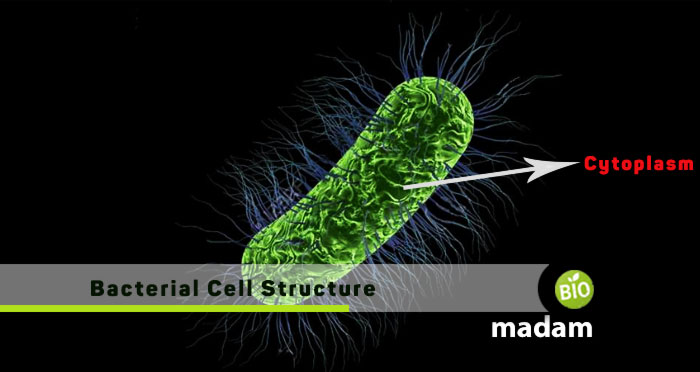
Bacteria, be it eubacteria or archaebacteria, are microscopic organisms invisible to the naked eye. Despite their small size, they have various organelles like other cells… Read More »Function of Cytoplasm in Bacteria
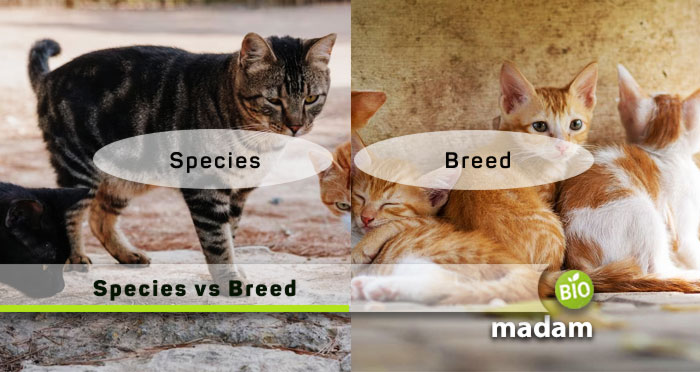
Life has existed on this planet for centuries. Through all these years, several life forms have come and many are gone, which means life has… Read More »Species vs Breed
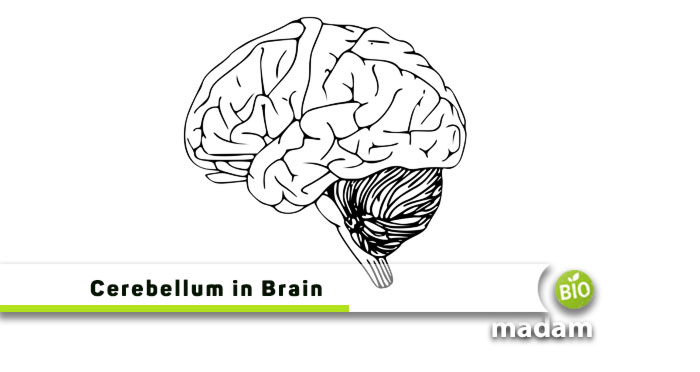
The brain is the primary component of your nervous system that carries out all bodily functions. Different parts of your brain perform specific roles, including… Read More »The Function of Cerebellum in the Brain
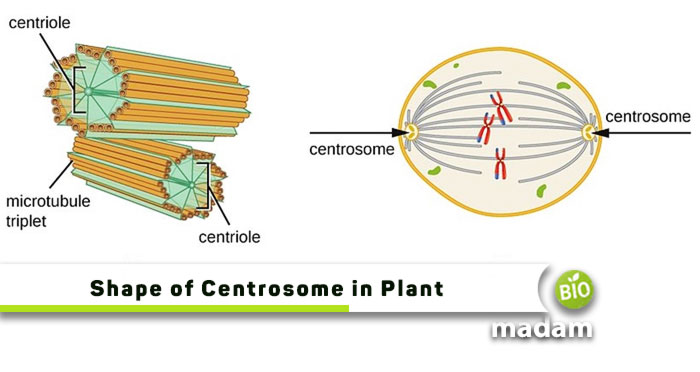
Every living thing is composed of cells which are the fundamental units of life. These are responsible for everything that happens within the organism. Animals,… Read More »Do Plant Cells Have Centrosomes?
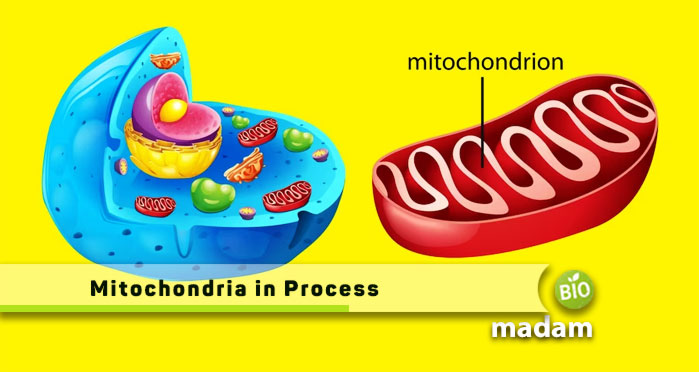
Plants, animals, and fungi, all are made of the basic fundamental units called the ”cells.” These cells possess the nucleus and several other organelles that… Read More »Does Glycolysis Occur in the Mitochondria?
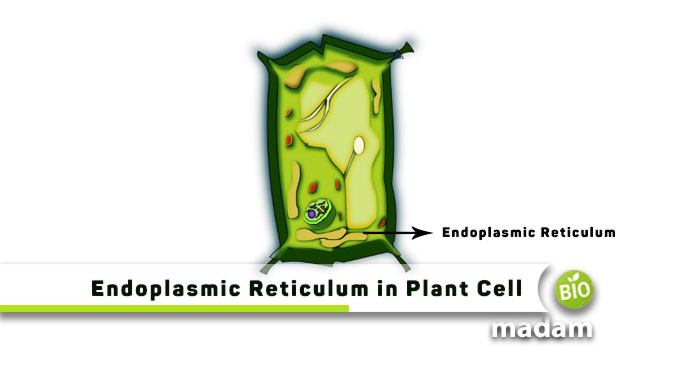
The fascinating world of plants has always been intriguing. These incredible species and subspecies have amazed us for centuries with their many diverse features. One… Read More »Do Plant Cells Have Endoplasmic Reticulum?
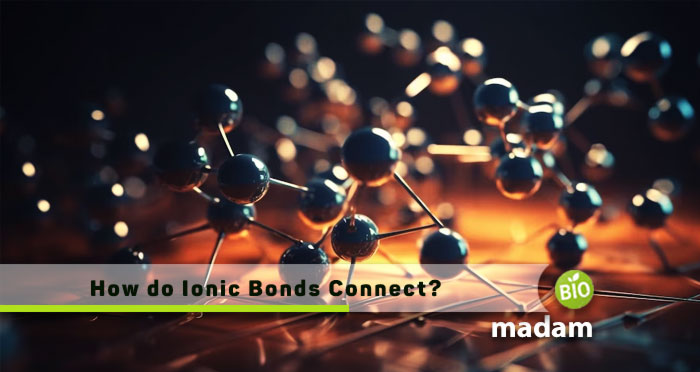
Chemical bonds are the base of chemistry that allows us to study the characteristics of molecules and their relationships between them. They show how the… Read More »Do Ionic Bonds Share Electrons?
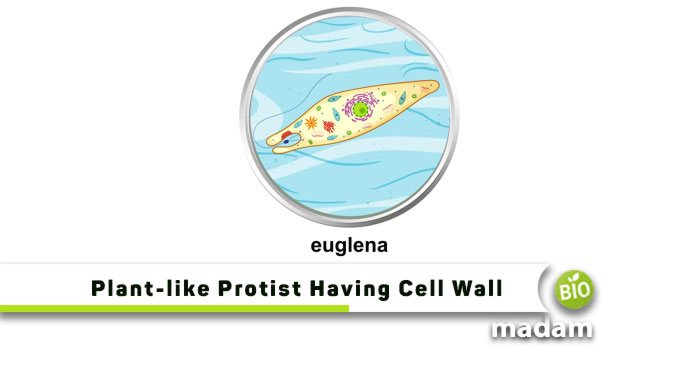
In the realm of earth, there are numerous organisms, each with its own distinct characteristics, structures, habitats, and adaptations. All these features are based depending… Read More »Do Protists Have a Cell Wall?
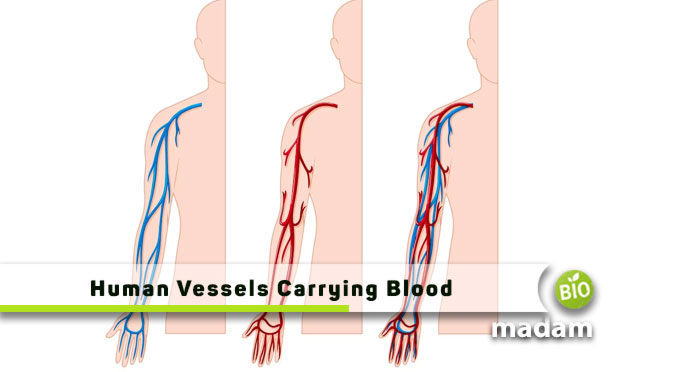
Arteries, veins, and capillaries are all blood vessels that facilitate blood distribution throughout the body. Some carry blood to the heart, while others carry it… Read More »Do Veins Carry Deoxygenated Blood
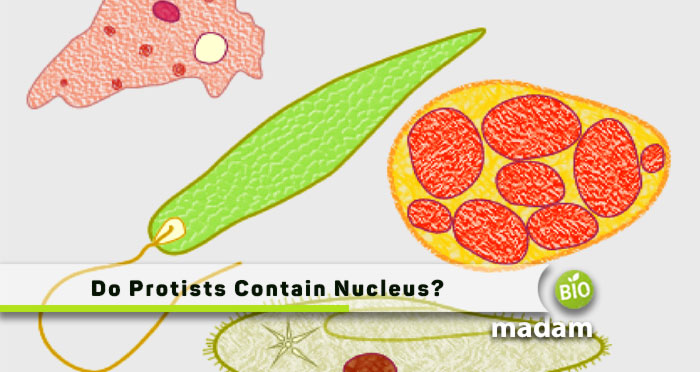
Protists are simple, cellular-level organisms that do not have highly specialized tissues and organs, which makes you wonder, “Do protists have a nucleus?” Yes, protists… Read More »Do Protists have a Nucleus?
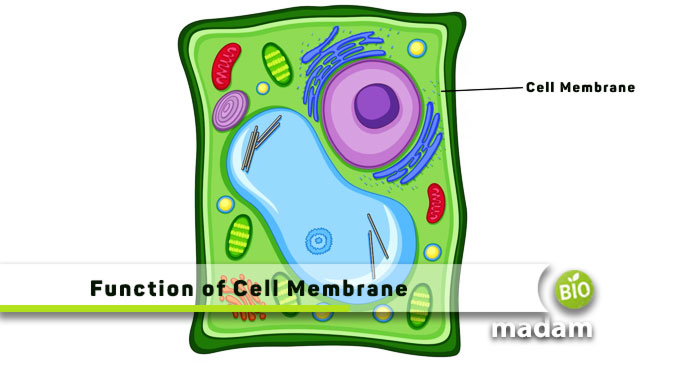
The cell membrane is a critical component of prokaryotic and eukaryotic cells; thus, plant cells also comprise a cell membrane. Opposed to animal cells, the… Read More »Function of Cell Membrane in Plant Cell
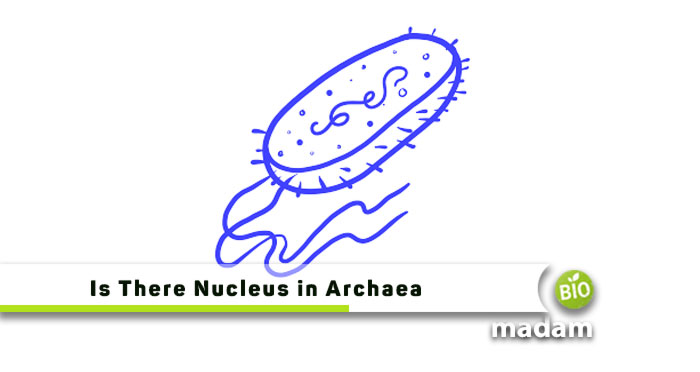
The realm of microbial life is so vast that there are many microorganisms belonging to different kingdoms and domains. These small and minute organisms have… Read More »Does Archaea Have a Nucleus?
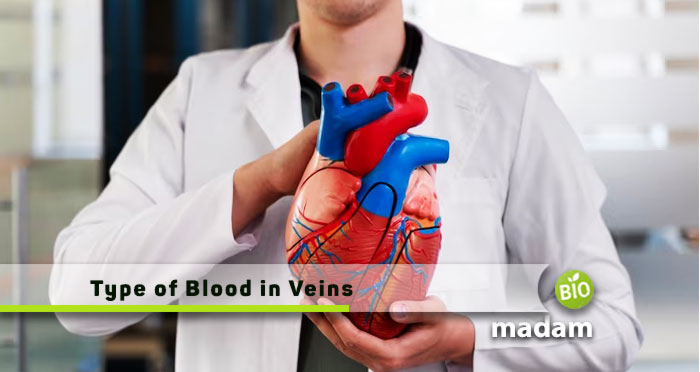
The human body is undoubtedly a wonder in itself. It is a complex and organized system of different cells, tissues, and organs. All these organs… Read More »Do Veins Carry Oxygenated Blood?

Plant study or botany has a wide variety that it is almost impossible to learn everything about all plants ever existed. Kingdom Plantae has a… Read More »Do Ferns Have Vascular Tissue?
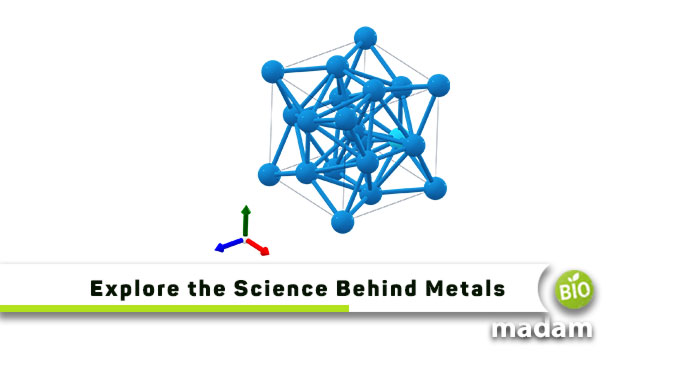
Chemistry deals with the structure, composition, and properties of substances. Every substance found in the world, whether it is natural or artificial, is composed of… Read More »Do Metals Form Anions or Cations?

Magnetic Resonance Imaging helps doctors diagnose and treat a wide range of conditions. MRI scans can spot potential abnormalities early, allowing for more effective therapy.… Read More »Unlocking the Mysteries of MRI: How it Can Help Diagnose and Treat Ailments
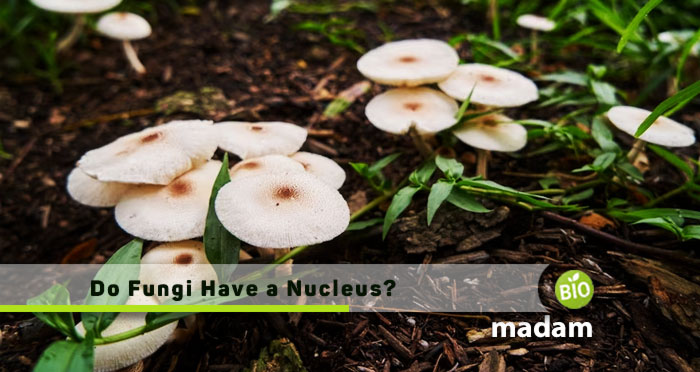
Every living thing in the universe is categorized into five different kingdoms including plants, animals, fungi, protists, and monera. Fungi are eukaryotic single-celled or multi-celled… Read More »Do Fungi have a Nucleus?
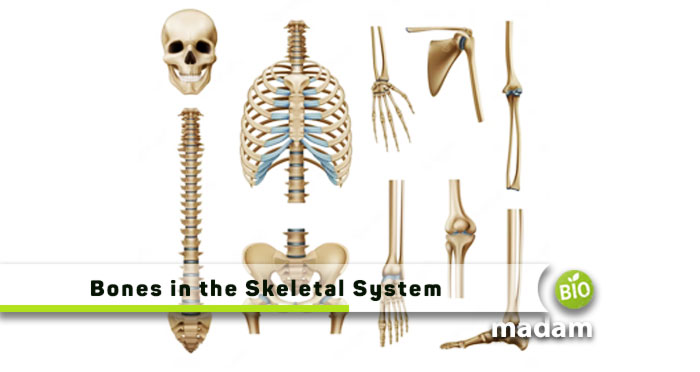
Different habitats reside in an ecosystem comprising vertebrates and invertebrates. Human beings are named vertebrates because these large organisms have a backbone, a spinal column,… Read More »Function of Bones in the Skeletal System
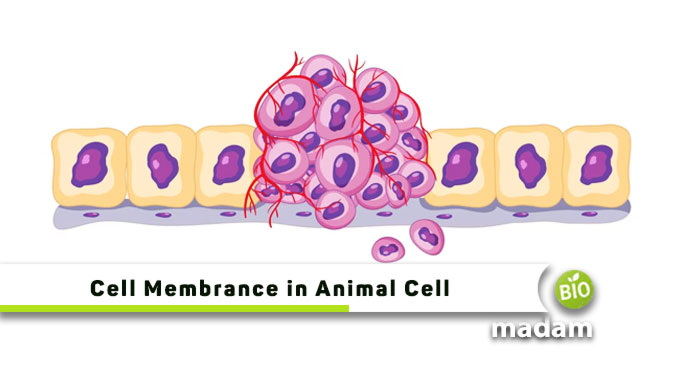
Have you ever thought about what would the animal cell look like if there was no cell membrane? There would not be any cells, either!… Read More »Function of Cell Membrane in Animal Cell
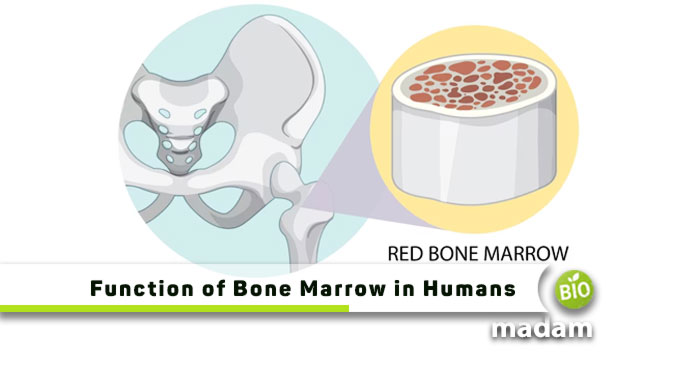
The immune system and bone marrow are critical components of the human body and play vital roles. The immune system protects your body, while the… Read More »Functions of Bone Marrow in the Immune System
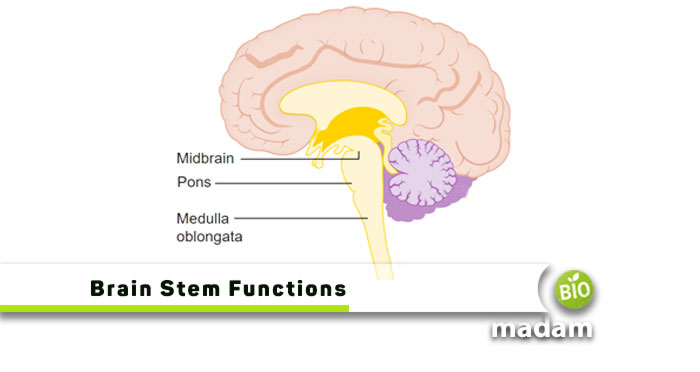
The human brain is a fascinating organ that controls every aspect of our daily lives, from basic functions like breathing and digestion to more complex… Read More »Functions of the Brain Stem
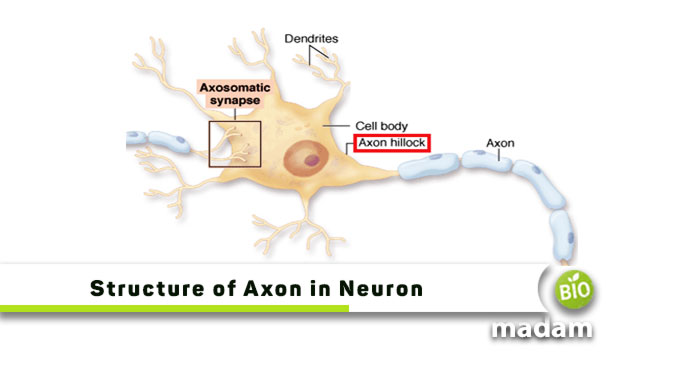
The role of the brain, spinal cord, and neurons are well-known for coordinating functions within the body. However, their mechanism of action plays a major… Read More »Function of Axon in Neuron
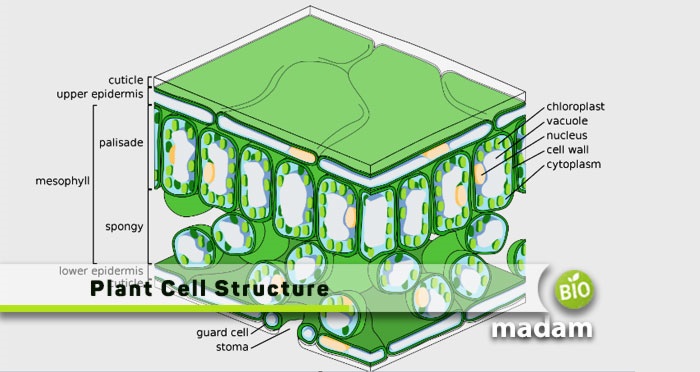
Plants are eukaryotic organisms comprising of numerous cells. There are different eukaryotic cells that vary in different organisms, e.g., unicellular eukaryotes and multicellular eukaryotes. Plants… Read More »Function of Cell Wall in a Plant Cell
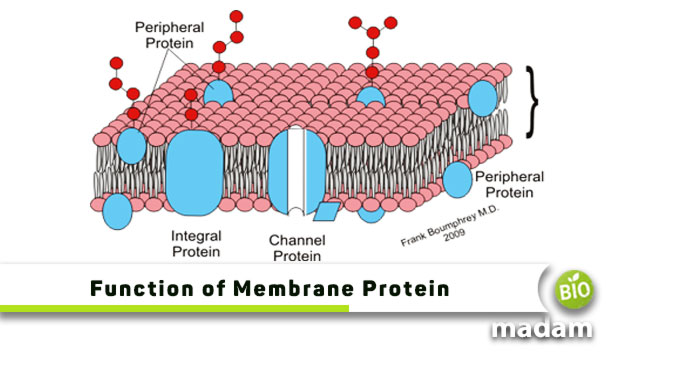
Living organisms, whether eukaryotes or prokaryotes comprise various types of cells. These cells have specific organelles, most of which are the same in all. The… Read More »Function of a Plasma Membrane Protein
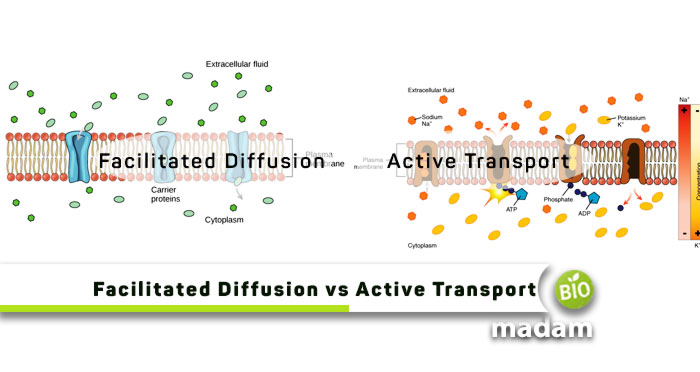
A human body is composed of millions and trillions of cells that combine to make tissues helping in the functioning of vital organs. A cell’s… Read More »Difference between Facilitated Diffusion and Active Transport
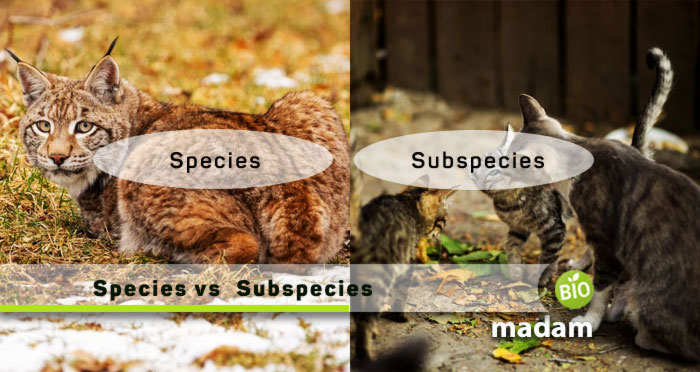
All organisms around us are categorized into different groups called kingdoms, further divided into phyla according to their similarities and differences. This classification method is… Read More »Species vs. Subspecies
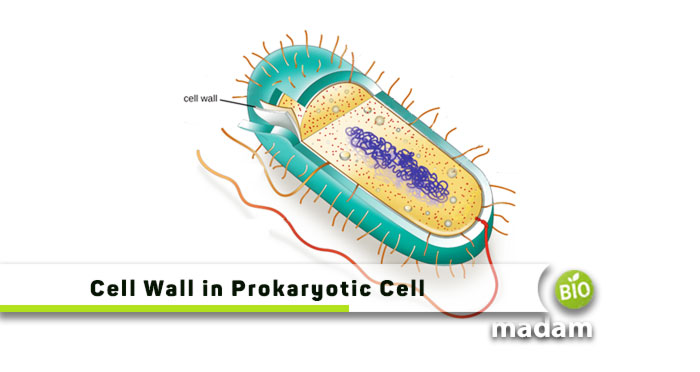
Microorganisms and organisms are divided into two main classifications, called prokaryotes and eukaryotes. Prokaryotes are comparatively simpler organisms that are unicellular and lack membrane-bounded organelles… Read More »Function of Cell Wall in Prokaryotic Cell
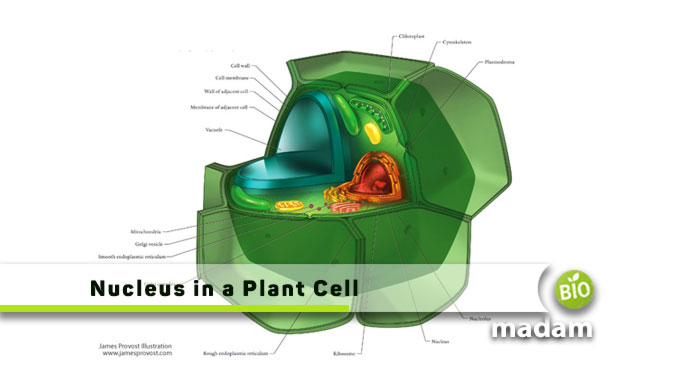
Plants and animals comprise different types of eukaryotic cells, and are thus quite similar to each other. However, the structure of the plant cell varies slightly… Read More »Function of a Nucleus in a Plant Cell